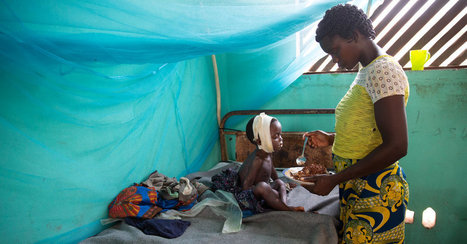Many mass immunization efforts worldwide were halted this spring to prevent spread of the virus at crowded inoculation sites. The consequences have been alarming. As poor countries around the world struggle to beat back the coronavirus, they are unintentionally contributing to fresh explosions of illness and death from other diseases — ones that are readily prevented by vaccines. This spring, after the World Health Organization and UNICEF warned that the pandemic could spread swiftly when children gathered for shots, many countries suspended their inoculation programs. Even in countries that tried to keep them going, cargo flights with vaccine supplies were halted by the pandemic and health workers diverted to fight it.
Now, diphtheria is appearing in Pakistan, Bangladesh and Nepal.
Cholera is in South Sudan, Cameroon, Mozambique, Yemen and Bangladesh. A mutated strain of poliovirus has been reported in more than 30 countries. And measles is flaring around the globe, including in Bangladesh, Brazil, Cambodia, Central African Republic, Iraq, Kazakhstan, Nepal, Nigeria and Uzbekistan. Of 29 countries that have currently suspended measles campaigns because of the pandemic, 18 are reporting outbreaks. An additional 13 countries are considering postponement. According to the Measles and Rubella Initiative, 178 million people are at risk of missing measles shots in 2020. The risk now is “an epidemic in a few months’ time that will kill more children than Covid,” said Chibuzo Okonta, the president of Doctors Without Borders in West and Central Africa.
As the pandemic lingers, the W.H.O. and other international public health groups are now urging countries to carefully resume vaccination while contending with the coronavirus. At stake is the future of a hard-fought, 20-year collaboration that has prevented 35 million deaths in 98 countries from vaccine-preventable diseases, and reduced mortality from them in children by 44 percent, according to a 2019 study by the Vaccine Impact Modeling Consortium, a group of public health scholars...



 Your new post is loading...
Your new post is loading...







